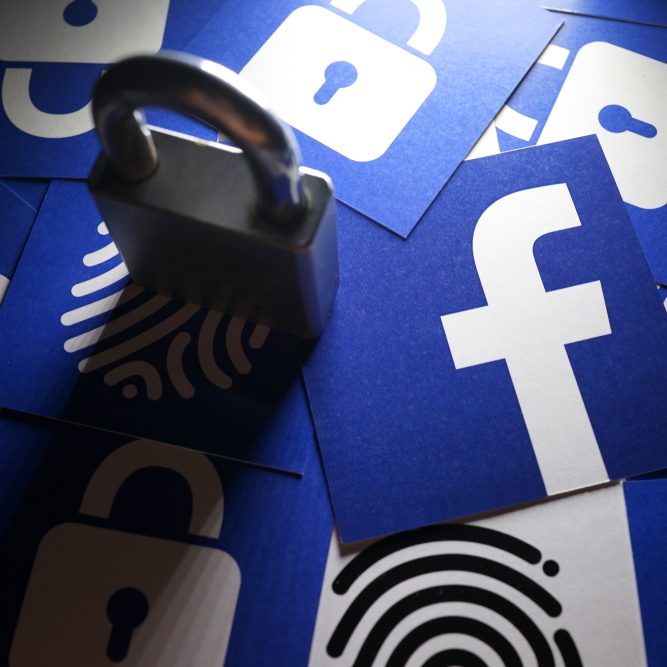
Unmasking the “Facebook Page Scheduled for Deletion” Scam
Ah, yes, the easy-to-use yet difficult-to-navigate-safely landscape that is social media. In a place where billions of users connect, share, and engage daily, the threat of scams and cyberattacks looms large. One devious scheme making the rounds is the “Facebook Page Scheduled for Deletion” scam. This scam preys on users’ fears, claiming that their beloved Facebook pages are slated for deletion. This well-crafted ploy compromises cybersecurity and extracts personal information from users, sometimes without them ever finding out.
The modus operandi of this scam often involves users receiving a notification or message alerting them that their Facebook page is on the brink of deletion due to “policy violations.” Panicked and fearing the loss of their digital identity, users may hastily follow the provided instructions, falling right into the trap laid by cyber criminals.
The consequences of succumbing to this scam are dire. Users may unwittingly hand over sensitive personal information, such as login credentials, payment details, or even identity verification documents. Armed with this information, scammers can perpetrate identity theft, and financial fraud, or gain unauthorized access to other online accounts, including banking and investments.
So, how can you shield yourself from falling victim to the “Facebook Page Scheduled for Deletion” scam and similar threats on social media?
- Stay Informed: Keep yourself updated on the latest scams circulating on social media platforms. Awareness is the first line of defense, and being informed about common tactics employed by cybercriminals can help you identify and avoid potential threats.
- Verify Communications: Authentic communication from Facebook or any legitimate service will always be accessible through official channels. Before panicking and following instructions from a suspicious message, double-check the information by visiting the official Facebook website or contacting their support directly.
- Use Two-Factor Authentication (2FA): Enable 2FA for your Facebook account. This adds an extra layer of security by requiring a second form of verification in addition to your password. Even if scammers obtain your login credentials, they will still need the second factor to gain access. Think of this as the deadbolt partner to the knob lock on your front door.
- Educate Others: Spread awareness among your friends, family, and followers about potential scams. Cybersecurity is a collective effort, and the more people know about these threats, the harder it becomes for scammers to succeed.
- Report Suspicious Activity: If you encounter any suspicious messages, notifications, or activities on your Facebook account, report them immediately. Facebook has mechanisms in place to investigate and take action against fraudulent accounts and scams.
In the ever-evolving landscape of online threats, safeguarding your personal information is paramount. By staying vigilant, verifying communications, using security features, and educating others, you can fortify your digital presence and contribute to a safer online community. Remember, an ounce of prevention is worth a pound of peace of mind when it comes to cybersecurity.
For more information on this popular scam and detailed steps for reporting it, check out Lisa Sicard’s piece that inspired this post, Facebook Scheduled for Deletion: Is it Real or a Scam?